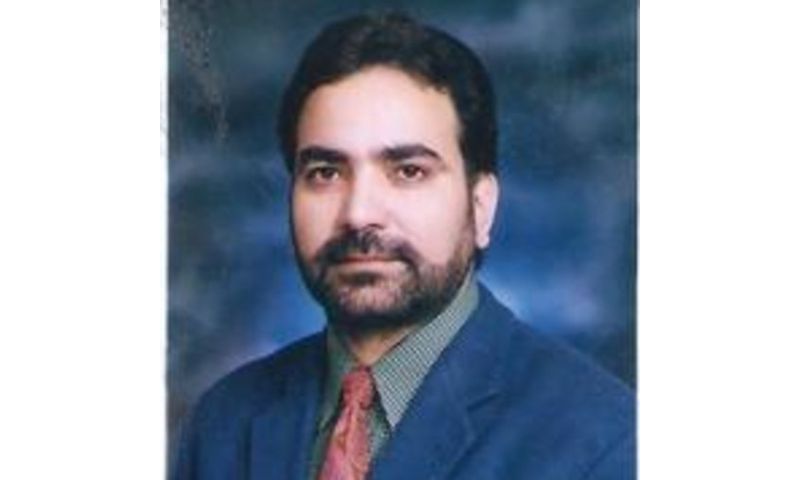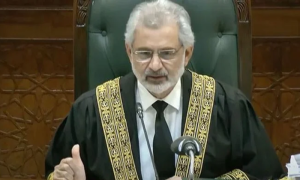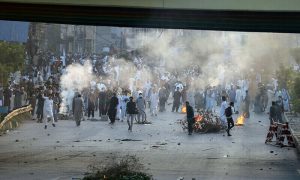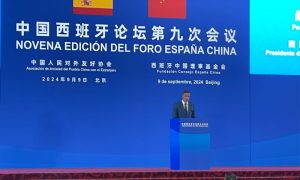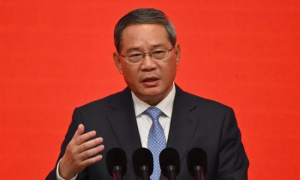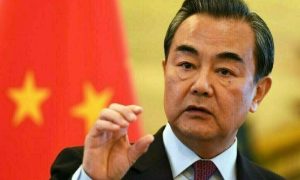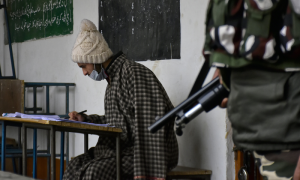ISLAMABAD: Dr. Sheikh Waleed Rasool, an academician, multi-disciplinary scholar, and peace activist, sharply criticized Indian political parties for their handling of the situation in Indian Illegally Occupied Jammu and Kashmir (IIOJK).
He accused them of bullying and deceiving the Kashmiri people, claiming that the Indian government is undermining property rights and self-governance in IIOJK.
Dr. Rasool asserted that despite these challenges, many Kashmiris continue to strive for independence and self-determination. He condemned the Indian government’s actions, stating that they have not extinguished the Kashmiri people’s desire for freedom.
Youm-e-Istehsal-e-Kashmir, he explained, will be observed to reject India’s alleged illegal occupation and protest the August 5, 2019, decision to revoke IIOJK’s special status.
He described this day as a reminder of the Kashmiri people’s ongoing struggle for self-determination and their refusal to accept the Indian government’s unilateral actions, which they view as violations of their rights and threats to their identity.
Dr. Rasool also criticized the Modi government’s policies in Jammu and Kashmir, particularly the imposition of Hindu nationalist ideology (Hindutva). He condemned the government’s efforts to alter place names, languages, and school curricula, viewing these changes as attempts to erase Kashmiri’s cultural identity and heritage.
He labeled these actions as a form of cultural imperialism, aimed at assimilating Kashmir into a dominant Hindu nationalist narrative. Dr. Rasool called for the preservation of Kashmir’s cultural autonomy and the protection of its distinct identity, comparing the Indian government’s actions unfavorably to historical figures like Hitler, who, despite his brutal repression, did not attempt to alter regional cultural identities.
Dr. Rasool further criticized the Indian government for unilaterally changing laws and policies in Jammu and Kashmir without regard for the region’s autonomy or the will of its people. He described these changes as legislative imperialism, driven by a political agenda that disregards the region’s unique cultural, social, and political context.
He noted that the Indian government’s Hindu nationalist agenda has faced growing criticism domestically and internationally, with many Indians who value secular and pluralistic traditions speaking out against these divisive policies. As the Indian government continues to face criticism, Dr. Rasool highlighted the increasing exposure of its undemocratic and discriminatory nature.
He concluded by pointing out the harsh reality in Kashmir, where Indian occupation forces have been accused of severe human rights violations. Dr. Rasool estimated that over 400,000 Kashmiris have lost their lives due to oppression and suppression, yet the Kashmiri people remain steadfast in their quest for self-determination.









